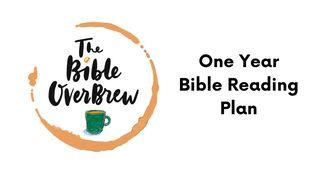Exodus: Free My PeopleSample

Collateral Damage
By Pastor Dan Hickling
“And it came to pass at midnight that the Lord struck all the firstborn in the land of Egypt, from the firstborn of Pharaoh who sat on his throne to the firstborn of the captive who was in the dungeon, and all the firstborn of livestock. So Pharaoh rose in the night, he, all his servants, and all the Egyptians; and there was a great cry in Egypt, for there was not a house where there was not one dead.”—Exodus 12:29–30 (NKJV)
Can you even imagine? After running an unprecedented gauntlet of divine judgment through nine separate plagues, God’s judgment falls on the land of Egypt in the most horrific and unforgettable way imaginable. As God had forewarned, the firstborn of every Egyptian household, including the house of Pharaoh, was suddenly struck dead, as well as the firstborn of their livestock!
Each plague leading up to this one was terrible in and of itself, but consider how deep and indelible of a wound this inflicted. In biblical times, a family’s firstborn was generally considered to be the most capable of the offspring. And if the firstborn happened to be a male, as many must have been on this occasion, that child was groomed to inherit and propagate the family’s fortunes. So, by ending the lives of every firstborn in Egypt, God was essentially breaking Egypt’s familial infrastructure and every succession plan. The practical impact was incalculable, not to mention the emotional pain an entire nation was now plunged into. How many hopes and dreams for the future generation were instantly erased forever? If you can recall the sense of national mourning felt on 9/11, just imagine how all of Egypt must have felt in the wake of this plague.
What makes this moment all the more heartbreaking is that an entire nation suffered because of the hardness of one man’s heart! Pharaoh had ample opportunity to release the children of Israel. But with each “No,” Pharaoh’s resolve to rebel against God’s will only burrowed deeper like a barbed hook. The consequences of this obstinance extended well beyond the boundaries of Pharaoh’s life. Innocent people were impacted by another’s decision to disobey God.
That’s how sin works. It affects people who are well outside of the initial blast radius of rebellion. To be clear, this doesn’t mean God punishes people for what other people do. The Lord doesn’t hold one person responsible for the sinful choice of someone else. We are each individually accountable to God for our decisions. However, this doesn’t impair the power of sin’s consequences, and that’s a sobering reality. When we sin, we hurt not only ourselves, but those around us—especially those closest to us.
A husband and father who secretly gives his heart over to pornography doesn’t just harm himself, but his family as well. If an employer does something illegal with the company’s finances, not only will the company suffer, but so will its employees. In just about any relationship imaginable, the potential exists for sin to create collateral damage.
Which leads us to the question, “Do we see our own sin this way, or are we deceived into thinking the consequences of our disobedience ends with us?” Pharaoh’s hardened heart reminds us how fatal that way of thinking can be. God wants us to learn from his example by seeing how damaging a decision to sin is. May we hold this reality close to our hearts as we choose between the way of rebellion and righteousness!
Pause: What does Pharaoh’s defiance remind us of concerning sin?
Practice: Consider how your choices to sin might be impacting others and pray about what God would have you do about it.
Pray: Lord, help me to learn the lesson that’s staring me in the face here with Pharaoh. Prevent me from forgetting how my sin hurts others and use this awareness to lead me in making the right choices in life. Amen.
Scripture
About this Plan

In part two of this seven-part study through the Book of Exodus, we'll explore Exodus 6–13.
More
Related plans
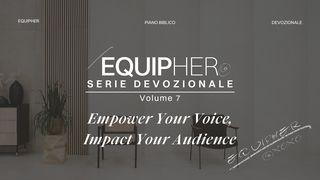
EquipHer Vol. 7: "Empower Your Voice, Impact Your Audience"
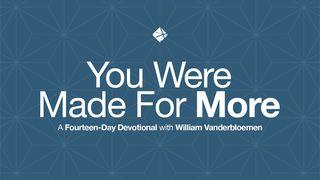
You Were Made for More

Fruit of the Spirit Christmas Plan
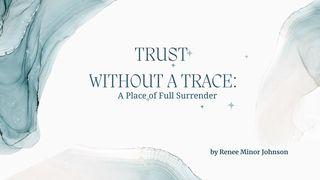
TRUSTING GOD WITHOUT a TRACE: A Place of Full Surrender
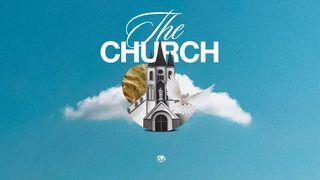
The Church - Ephesians 4
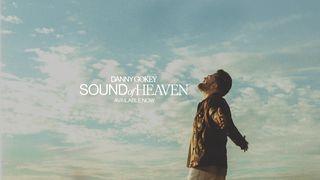
Sound of Heaven: A 6-Day Devotional by Danny Gokey
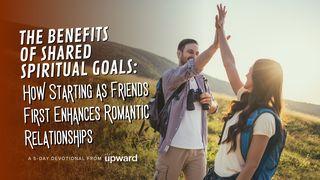
The Benefits of Shared Spiritual Goals: How Starting as Friends First Enhances Romantic Relationships
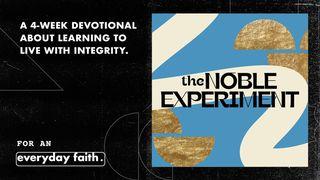
The Noble Experiment
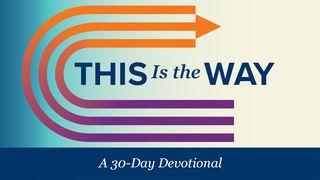
This Is the Way: A 30-Day Journey Through the Book of Acts
